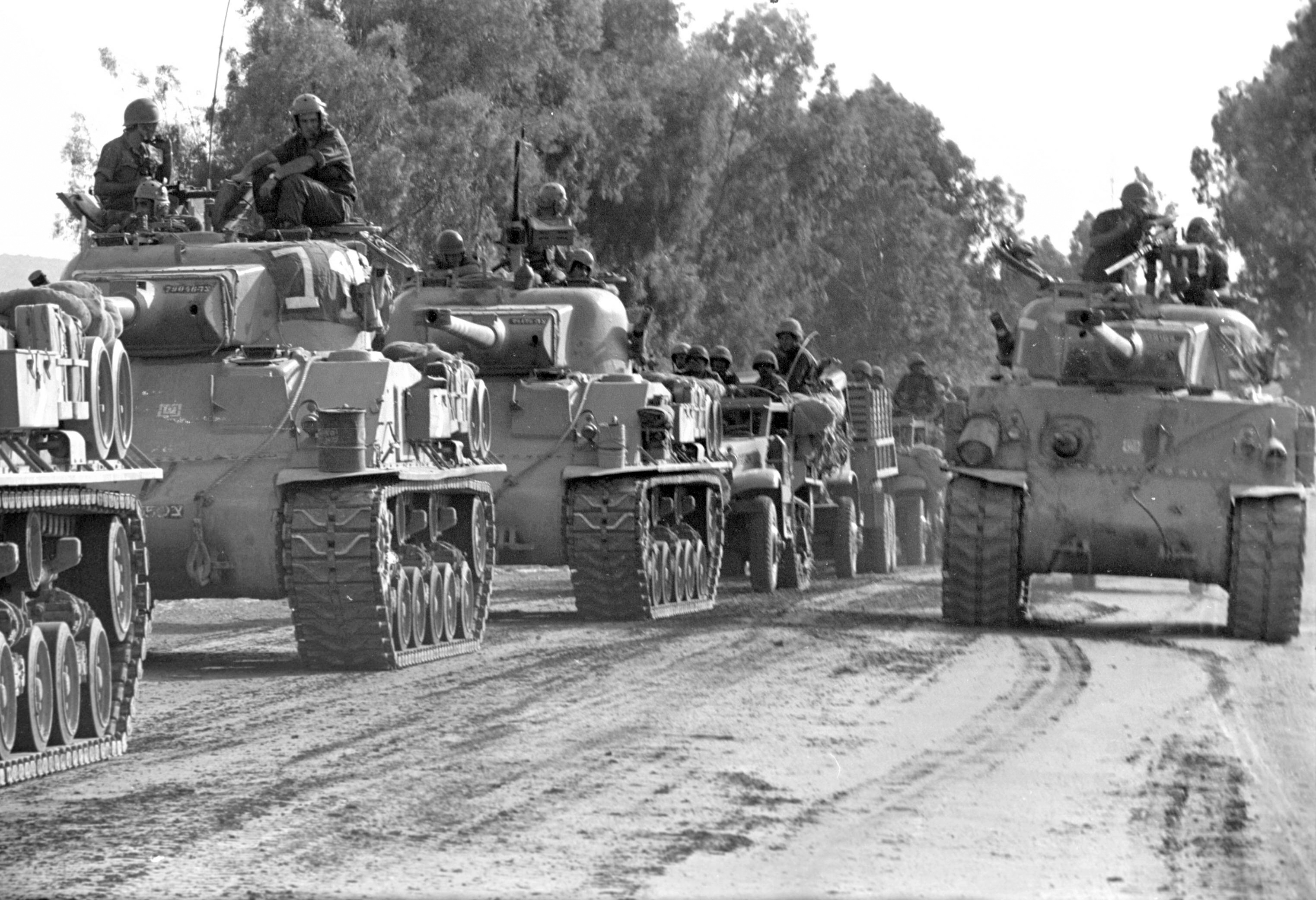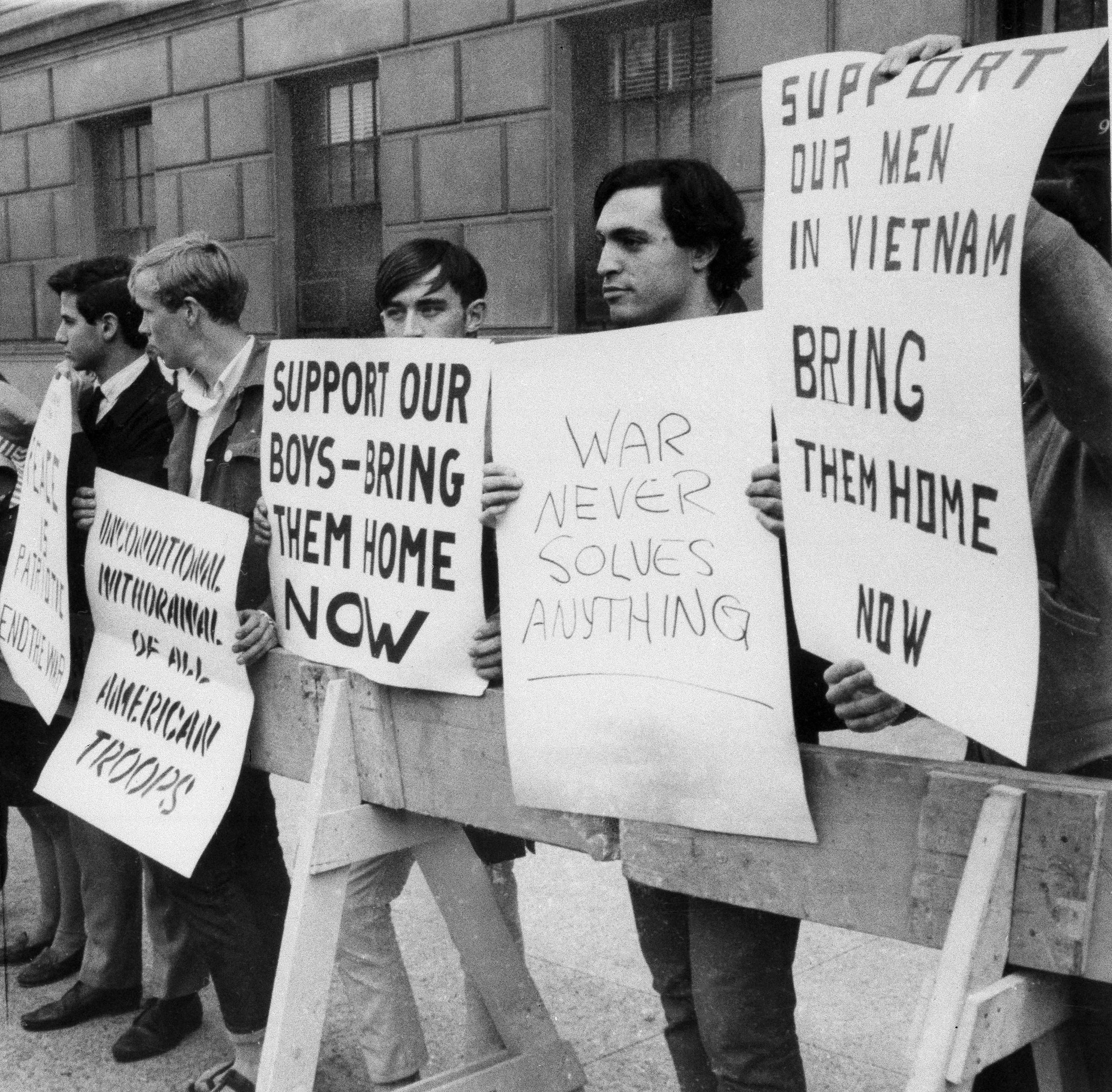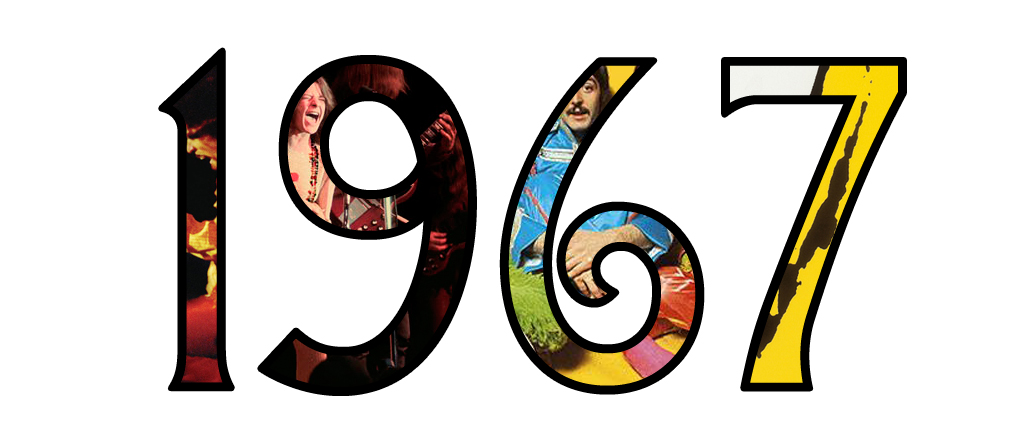The year 1967, in many ways, felt like a time when the world was really shifting, bringing with it some truly significant moments that shaped different parts of our shared human story. It was a period where, you know, things were happening very, very quickly, almost as if the pace of life itself had picked up a bit. For many, it felt like a year that just wouldn't quit, leaving its mark on history in a pretty lasting way.
From cultural shifts that swept across continents to important changes in how societies worked, 1967 was, in some respects, a standout year. We saw developments that would, perhaps, influence generations, making it a point of interest for anyone curious about the past. It was a time that, you know, presented its own unique set of circumstances for people everywhere.
This particular year, often remembered for its unique blend of cultural movements and political events, also holds a special place in the Chinese calendar. It was, as a matter of fact, a "Fire Goat" year, carrying its own set of symbolic meanings for those born within its span. We'll take a look at what made this "1967 Chinese Year" so memorable, touching on both its cultural and global connections.
Table of Contents
- The Fire Goat of 1967 - What Does it Mean for the 1967 Chinese Year?
- Major Happenings in China During the 1967 Chinese Year
- How Did the World Change in 1967?
- Legal Changes and the 1967 Chinese Year Connection
- People Who Made Their Mark - Born in the 1967 Chinese Year
- Cultural Vibes and the 1967 Chinese Year
- A Year of Firsts and Significant Events in 1967
- The 1967 Border Question and Its Ties to the 1967 Chinese Year
The Fire Goat of 1967 - What Does it Mean for the 1967 Chinese Year?
So, when we talk about the "1967 Chinese Year," we're really talking about the Ding Wei year. This particular designation comes from the traditional Chinese calendar, which has a cycle of sixty years. The "Ding" part, you know, is connected to the element of fire, while "Wei" stands for the Goat, or sometimes the Sheep. This means that anyone who came into the world in 1967 is considered to have the "Fire Goat" as their animal sign. It's a rather interesting way of looking at birth years, connecting them to specific elements and animals.
The idea of a "Fire Goat" isn't just about the year itself; it also gives a little peek into some characteristics that people born then might share. For example, the fire element often suggests a lively spirit, perhaps a bit of warmth, and maybe even a tendency to be quite passionate about things. The Goat, on the other hand, is usually seen as a gentle creature, often thought of as creative and kind. So, put them together, and you get a combination that, in a way, brings together a fiery drive with a gentle nature. It's, you know, a pretty unique blend of qualities that comes with being a "Fire Goat" from the "1967 Chinese Year."
It's worth noting that this sixty-year cycle means that 1907 was also a Fire Goat year, showing how these cycles repeat over time. This system has been used for, basically, a very long time in Chinese culture to mark years and to give a sense of what each period might represent. It's a traditional way of understanding the flow of time and how certain energies might be present in different years. The "1967 Chinese Year" certainly has its own special place within this long-standing tradition, offering a distinct identity to those who arrived during that period.
Major Happenings in China During the 1967 Chinese Year
If we look at events happening inside China during that particular time, a really big thing that came about was what people called the "Shanghai January Storm." This happened, you know, right at the start of the year, on January 5th, 1967, to be precise. It was a situation where some people, like Zhang Chunqiao and Yao Wenyuan, came from Beijing and, basically, worked with others, including Wang Hongwen, to, you know, take control of things. They, in fact, took over the management of some important newspapers, like the Wen Hui Bao and the Jiefang Daily. This whole sequence of actions was, in a way, about changing who held the reins of power in those places, with plans for Wang Hongwen to, more or less, be at the forefront of some of these moves. It was a rather significant shift in the way things were being run, and it had a pretty noticeable impact on the local scene during that "1967 Chinese Year." This period, you know, marked a time of considerable change and, perhaps, some upset for many of the people living there. It truly showed how much things were moving and shaking at that point in history.
The events in Shanghai, during this "1967 Chinese Year," were, you know, quite a dramatic turn. They showed a shift in how authority was being handled, moving from one group to another in a very visible way. The taking over of major news outlets meant that the way information was shared and understood by the public also changed quite a bit. It was a time when, basically, a lot of established structures were being challenged and, in some cases, completely altered. This "Shanghai January Storm" is often seen as a really key moment in the broader political landscape of China during that era, setting a tone for other happenings that would follow. It was a period of intense activity and, you know, pretty substantial changes for the people involved and for the country as a whole.
These actions, like the ones involving Zhang Chunqiao and Yao Wenyuan working with Wang Hongwen, were, in a way, a demonstration of changing dynamics. The shift in who controlled important institutions, like the newspapers, had a far-reaching effect on public discourse and the daily lives of many. It meant that the stories people read and the viewpoints they encountered were now coming from a different source, with a new set of ideas behind them. This period, in the "1967 Chinese Year," was marked by a sense of rapid transformation, where the familiar ways of doing things were being re-evaluated and, sometimes, completely remade. It was, arguably, a time of considerable upheaval and, you know, a very strong push for new directions in various aspects of society.
How Did the World Change in 1967?
The year 1967 wasn't just a notable "1967 Chinese Year" because of what happened in China; it was, you know, a common year that started on a Sunday, according to the Gregorian calendar, but it was also a year of really big happenings across the globe. It felt like a moment when the pace of world events picked up, bringing with it some truly memorable shifts. From political developments to cultural movements, the planet saw a lot of movement. It was a period that, basically, left a lasting mark on history, making it a point of interest for many people who look back at the past. The way things unfolded during this time truly shaped what came next for many nations and communities.
One of the more prominent events that took place was the swearing-in of Thurgood Marshall as the first Black US Supreme Court Justice. This was, you know, a pretty significant step forward for civil rights and for the idea of fairness in the legal system. It was a moment that, in a way, showed progress and a move towards greater representation in important governmental bodies. His appointment was, as a matter of fact, a landmark event that resonated with many people and marked a shift in the makeup of one of the highest courts. This kind of change, occurring during the "1967 Chinese Year," really spoke to broader movements for equality happening around the world at that time.
Culturally, 1967 was also quite a time for new stories and creative works. Some notable books came out, like "The Outsiders" by S.E. Hinton, which, you know, captured the hearts of many young readers, and "Rosemary's Baby" by Ira Levin, which, basically, gave people a bit of a fright. These stories, in some respects, reflected the mood of the time and offered new ways of looking at the world. And then, of course, there was the much-talked-about wedding of Elvis and Priscilla in Las Vegas, which, you know, certainly captured the attention of many fans and media outlets. These cultural moments, happening alongside the more serious global events, really showed the varied character of the "1967 Chinese Year" on the world stage.
Legal Changes and the 1967 Chinese Year Connection
The year 1967 also saw some important legal changes, particularly in the United States, that have had a lasting effect. One of these was the Age Discrimination in Employment Act of 1967, often called ADEA. This law was, you know, put in place to help protect people from being treated unfairly in their jobs just because of their age. It specifically aimed to safeguard workers who were 40 years old or older from certain kinds of bias in hiring, firing, or other job-related decisions. This was, in a way, a pretty big step towards ensuring more fairness in the workplace for older individuals, giving them a bit more security in their careers. It showed a growing awareness of different forms of unfair treatment and a push to address them through official means during the "1967 Chinese Year."
This particular piece of legislation, the ADEA, works alongside another law from 1900, the Older Workers Benefit Protection Act, to provide a framework for protecting older workers' rights. The fact that the ADEA came into being in 1967 means that this "1967 Chinese Year" was also a period where societies were, basically, thinking more about social protections and how to ensure fair treatment for everyone, regardless of their age. It was a move towards a more inclusive approach to employment, recognizing that experience and maturity should not be reasons for disadvantage. The passing of such a law, you know, reflected a shift in public thinking and legal priorities at that time, aiming to create a more equitable work environment for people as they got older.
The idea behind laws like the ADEA, which came about in the "1967 Chinese Year," was to promote employment opportunities for older workers and to make sure that decisions about jobs were made based on a person's abilities, not on their age. It was, in some respects, a recognition that older individuals have valuable contributions to make and should not be overlooked. This kind of legal action speaks to a broader trend of social reform and a push for greater fairness in various aspects of life that was happening around the world during that period. It truly represents a moment when the legal system began to address a specific form of bias, offering protection to a group of people who might otherwise face challenges in their working lives.
People Who Made Their Mark - Born in the 1967 Chinese Year
The "1967 Chinese Year" was also the birth year for quite a few individuals who would go on to make a name for themselves in various fields. It's interesting to see how people born in the same year, perhaps sharing some of those "Fire Goat" characteristics, went on to achieve different kinds of success. From the world of entertainment to the fields of science and public commentary, people who arrived during this time have certainly left their mark. It just goes to show that a birth year can, in a way, connect individuals across different walks of life, even if their paths diverge quite a bit. These individuals, you know, represent the diverse talents and contributions that emerged from that particular period in history.
One such person is Louis Koo, a well-known actor from Hong Kong. He was born on September 21, 1967, which, you know, places him firmly within the "1967 Chinese Year" group. His career has spanned many years, and he's been in a lot of popular films and television shows. His work has, basically, entertained many people and he's become a recognizable face in Asian cinema. It's pretty cool to think that someone so prominent in the entertainment world shares the same birth year as all those "Fire Goats." His story, in a way, shows how people from this birth year can achieve widespread recognition and build a lasting career in a very public sphere.
Another notable individual born in 1967 is Fang Zhouzi, whose birth name is Fang Shimin. He came into the world in September of that year in Fujian, China. He's known for his work in science and for his public commentary, particularly in the area of scientific integrity. He studied biology and went on to earn a doctorate in biochemistry in the United States. His path, you know, took him from academic pursuits to becoming a public figure who speaks on various scientific topics. It's interesting how people from the "1967 Chinese Year" can go into such different fields, from acting to scientific advocacy, showing a wide range of talents and interests that emerged from that generation. This just goes to show the varied paths that people born in this particular year have taken.
Louis Koo - A Figure from the 1967 Chinese Year
Louis Koo, born during the "1967 Chinese Year," has truly become a household name for many. His acting career has been quite extensive, with roles in both big screen movies and television series. He's known for taking on a variety of characters, showing his range as a performer. It's pretty clear that he has a knack for bringing different stories to life, which has earned him a lot of fans and recognition over the years. His presence in the entertainment industry is, you know, quite significant, and he's someone many people look up to for his dedication to his craft. He has, in fact, been a consistent presence in Hong Kong cinema for a very long time.
Here's a quick look at some details about Louis Koo, a prominent figure from the "1967 Chinese Year":
| Detail | Information |
|---|---|
| Birth Name | Louis Koo Tin-lok |
| Birth Date | September 21, 1967 |
| Birth Place | Hong Kong, Kowloon |
| Nationality | Chinese (Hong Kong) |
| Known For | Acting in films and television |
| Representative Works (Selected) | Overheard, Paradox, Flash Point, Election |
His work has, basically, seen him take on many different kinds of roles, from intense action parts to more thoughtful dramatic characters. This ability to change and adapt has, in a way, kept his career fresh and exciting for his audience. It's pretty amazing to see how someone born in the "1967 Chinese Year" has built such a lasting and impactful career in a field that is, you know, constantly changing and very competitive. His story is one of sustained effort and a true gift for performance, making him a standout example from his birth year.
Cultural Vibes and the 1967 Chinese Year
Beyond the political and legal changes, the "1967 Chinese Year" was also a period with a very distinct cultural feel, particularly in Western societies. It's often remembered as a time when, you know, new ideas about music, fashion, and social norms really started to take hold. This was the year that, basically, bridged the more traditional pop sounds of the early 1960s with a newer, freer kind of culture that was, in a way, just beginning to grow. It felt like a moment when young people were, more or less, exploring new ways of expressing themselves and challenging older ways of thinking. This cultural shift was, in some respects, quite noticeable and had a pretty wide reach, influencing many aspects of daily life.
One of the most famous cultural happenings of this period was what people called the "Summer of Love." This event, which took place in San Francisco, brought together a lot of young people and those who, you know, wanted to be part of a new kind of movement. They shared ideas about peace, love, and a different way of living. It was a time when, basically, music, art, and communal living were very much at the forefront of what was happening. This gathering, during the "1967 Chinese Year," became a symbol of a counter-cultural movement that sought to create a new kind of society, one that was, arguably, more open and free-spirited. It truly captured the imagination of many and became a defining image of the era.
The music scene during 1967 was also, you know, incredibly lively and inventive. It was a time when bands and artists were experimenting with new sounds and lyrics, pushing the boundaries of what popular music could be. The songs from this period often had messages of social change, personal freedom, and a desire for a different kind of world. This musical output, in a way, became the soundtrack for the cultural shifts happening, reflecting the hopes and feelings of a generation. The "1967 Chinese Year" was, in fact, a very rich period for artistic expression, with a lot of creative energy flowing through various forms of media. It was a moment when culture felt like it was truly moving in new and exciting directions.
A Year of Firsts and Significant Events in 1967


